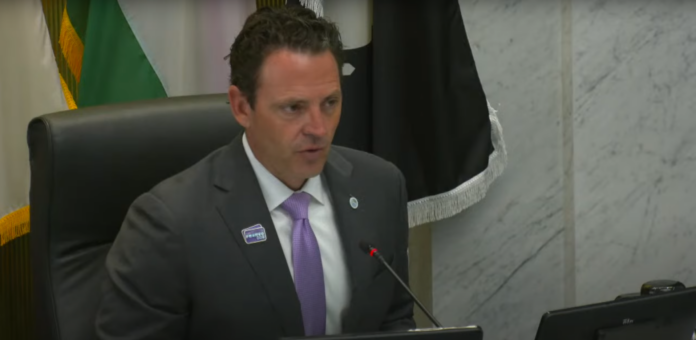
The impact of misinformation is greater in ethnic minority communities
by D. Van Rensalier-Warren
Studies have found vaccine and healthcare distrust continue to serve as major barriers to addressing racial equity in Covid-19 vaccine efforts. The U.S. Surgeon General recently warned that health misinformation is a crisis that now presents a greater threat to public health than the Delta variant of Covid 19. The San Diego Board of Supervisors at their August 31st meeting, acted by voting to follow the recommendations of the U.S. Surgeon General Vivek H. Murthy in his advisory entitled “Confronting Health Misinformation.”
The Board approved the following resolutions by directing the Chief Administrative Officer to implement the following strategies, and report back within 90 days on the status of implementation and within 180 days upon completion:
1. Devote resources to identify and label health misinformation and provide timely health information to counter misinformation that is preventing our ability to keep our community safe.
2. Modernize public health communications with investments to better understand gaps in health information, and questions and concerns of the community, especially in hard-to-reach communities. Develop targeted community engagement strategies, including partnerships with trusted messengers.
3. Expand our research efforts to better define and understand the sources of health misinformation. Document and trace its costs and negative impacts, and develop strategies to address and counter misinformation across mediums and diverse communities.
4. Invest in resistance against health misinformation including digital resources and training for health practitioners and health workers. Explore educational programs to help our communities distinguish evidence-based information from opinion and personal stories.
5. Partner with federal, state, territorial, tribal, private, nonprofit, research, and other local entities to identify best practices to stop the spread of health misinformation. Develop and implement coordinated recommendations.
6. Identify resource gaps to combating health misinformation. Work with state and federal partners to meet ongoing needs.
7. Work with the medical community and local partners to develop a website that will serve as a central resource for combating health misinformation in our community.
Recent studies have found that online misinformation campaigns are associated with a decrease in vaccinations over time, which impacts all communities’ ability to reach herd immunity. But the impacts are greater in ethnic minority communities.

